ILSOYADVISOR POST
WEBINAR: Managing P and K on Soybeans by Soil Test Level, Yield Expectation and Water Quality
Potash Corp. Director of Agronomy Robert Mullen discusses management techniques for phosphorus (P) and potassium (K) in soybean production. Mullen says it’s important to have a holistic plan that factors in all macronutrients.
Key Takeaways
- Understanding P and K Chemistry
o What happens in soil?
- 99.9% of P and K in the soil is not able to be utilized
- Soil tests focus on Exchangeable K to measure adequate potassium
- Soil tests focus on Absorbed P to measure adequate phosphorus
o How does soil testing work?
- Lab tests flood samples with ammonium to show an estimate of Exchangeable K
- Dissolved P increases with P loading of soil and has dramatic environmental consequences
- Rate Decisions
o Translate soil test levels to fertilizer rates
- Depending on the soil test ppm, that determines the P/K recommendation
- 200 ppm of K in a soil test is the ideal rate to prevent yield loss
- 30-40 ppm of P in a soil test is the ideal rate to prevent yield loss
o How do economic models impact rate decisions?
- Figure in potash cost with soybean prices and yield potential in order to figure the return $/acre
- Return on investment of fertilizer is a function of yield
- Manage Loss Pathways (Timing and Placement)
o Managing particulate P is best mitigated by reduced-till or no-till
o Dissolved P requires desorption to provide solution P
o Rainfall is one of the biggest loss pathways
o Chisel plowing, no-till and ridge-till impact how P is incorporated
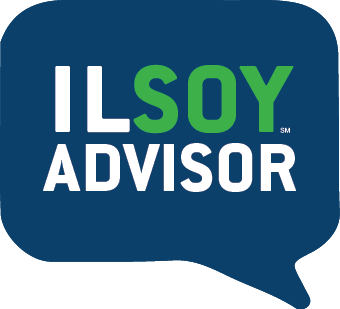
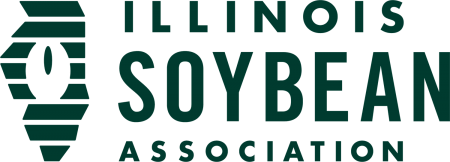
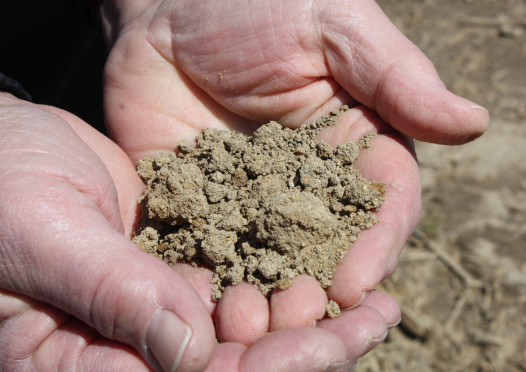
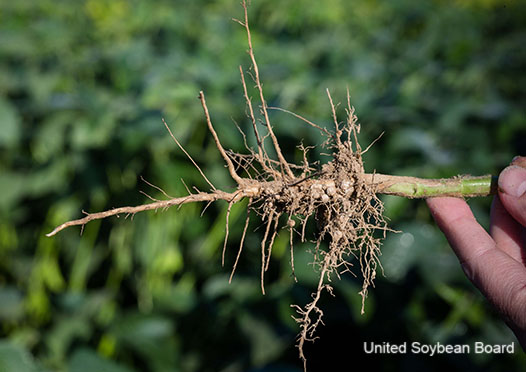
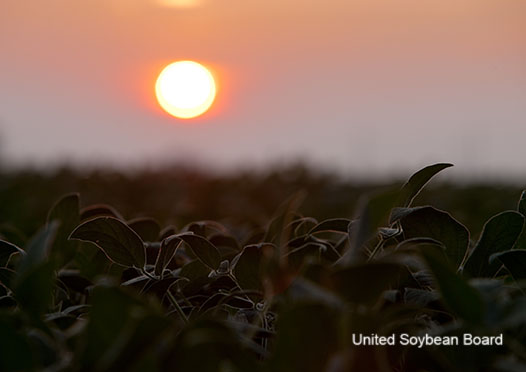
Comments
Add new comment